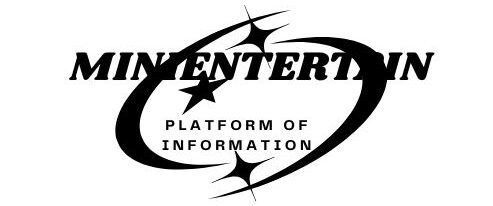
Which 10 Foods should avoid in the morning? Breakfast is often heralded as the most important meal of the day, but what you eat can significantly impact your energy levels, mood, and overall health. While some foods are commonly accepted as breakfast staples, others can leave you feeling sluggish, bloated, or even craving unhealthy snacks later in the day. This article explores the 10 foods should avoid in the morning for a healthier start to your day.
Table of Contents
10 Foods Should Avoid in the Morning
1. Sugary Cereals

Many popular breakfast cereals are loaded with sugar. While they may seem convenient and tasty, sugary cereals can cause rapid spikes in blood sugar levels. This sudden increase is often followed by a crash, leaving you feeling fatigued and hungry shortly after eating. Instead, consider opting for whole grain cereals or oatmeal, which provide more fiber and nutrients without the added sugars.
Why It Matters:
High sugar consumption in the morning can lead to mood swings, decreased concentration, and an increased likelihood of overeating later in the day. When choosing breakfast foods, aim for those with a low glycemic index to help maintain steady energy levels.
2. Pastries and Croissants

Pastries, muffins, and croissants may be tempting treats, but they are often packed with refined flour and sugar. These items are typically high in calories but low in nutritional value, leading to a feeling of fullness that doesn’t last long. Furthermore, the high-fat content can cause digestive issues for some people.
Alternatives:
Consider swapping pastries for whole grain toast with avocado or nut butter. These options are rich in healthy fats and proteins that can help keep you satisfied longer and provide sustained energy.
3. Processed Meats

Breakfast meats such as bacon, sausage, and ham are popular choices for many. However, these processed meats are often high in saturated fats and sodium, which can contribute to heart disease and other health issues. They may also leave you feeling heavy and sluggish, especially if consumed in large quantities.
Healthier Options:
If you enjoy savory breakfasts, consider lean proteins like eggs or turkey bacon. Eggs are a great source of protein and can be prepared in various ways to keep your morning routine interesting.
4. Flavored Yogurts

Flavored yogurts might seem like a healthy choice, but many contain high amounts of added sugars and artificial ingredients. These sugars can undermine the health benefits of yogurt, which is otherwise a good source of protein and probiotics.
Better Choices:
Look for plain Greek yogurt, which is lower in sugar and higher in protein. You can enhance its flavor by adding fresh fruit, nuts, or a drizzle of honey, allowing you to control the sweetness while reaping the nutritional benefits.
5. Fruit Juices

While fruit juice may seem like a healthy choice, many commercially available juices are filled with added sugars and lack the fiber found in whole fruits. The body absorbs the sugars in juice much faster, leading to blood sugar spikes similar to those caused by sugary cereals.
Recommendations:
Opt for whole fruits instead. They provide fiber, which helps slow down sugar absorption and keeps you feeling full. If you still want to enjoy juice, consider diluting it with water or choosing 100% juice without added sugars.
6. Smoothies with High Sugar Content
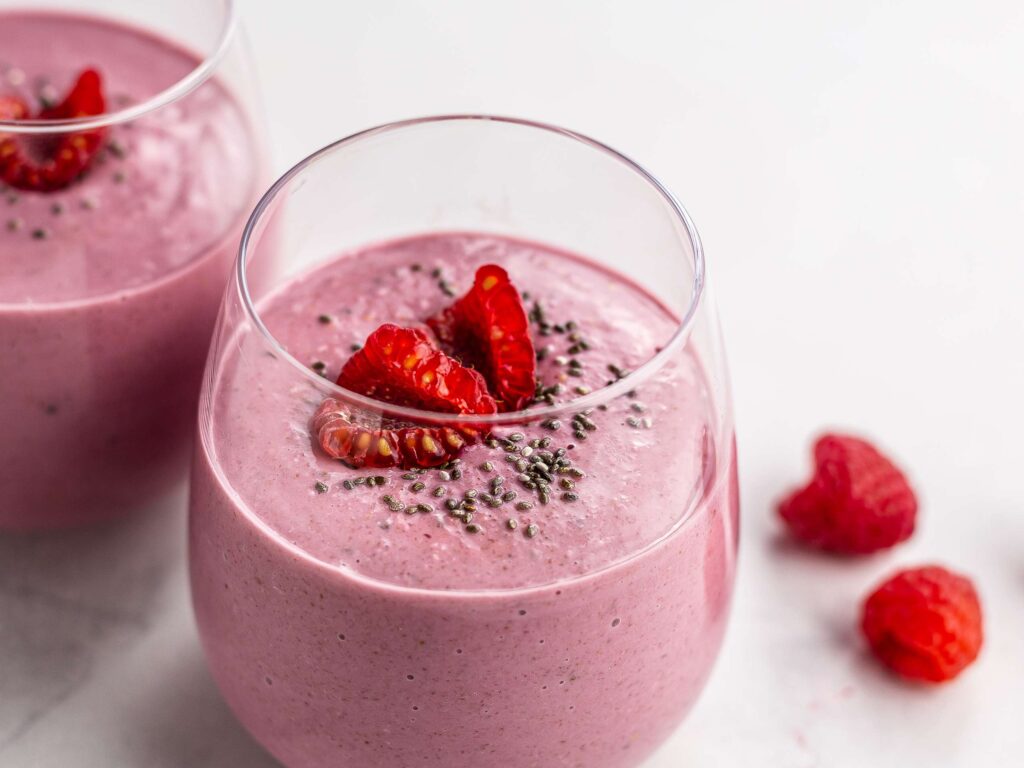
Smoothies can be a great breakfast option, but they can also be packed with sugar if not prepared mindfully. Adding too much fruit, flavored yogurts, or sweeteners can turn a healthy smoothie into a sugar bomb.
How to Make Healthier Smoothies:
Focus on including a balance of vegetables (like spinach or kale), a source of protein (such as Greek yogurt or protein powder), and a moderate amount of fruit. Adding ingredients like chia seeds or nut butter can also enhance the nutritional value without significantly increasing sugar content.
7. Instant Oatmeal
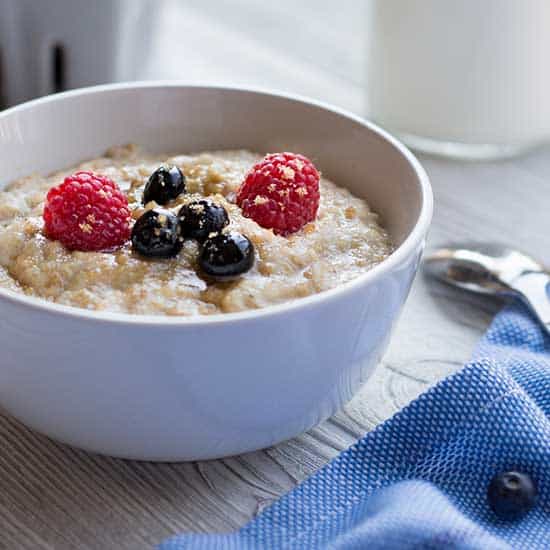
While oatmeal is often touted as a healthy breakfast choice, instant oatmeal packets frequently contain added sugars and preservatives. These flavored options can be convenient but often compromise on nutrition.
Opt for:
Choose old-fashioned or steel-cut oats, which require a bit more time to prepare but offer more nutrients and fiber. You can sweeten them naturally with fresh fruit, nuts, or a sprinkle of cinnamon.
8. High-Carb Breakfasts
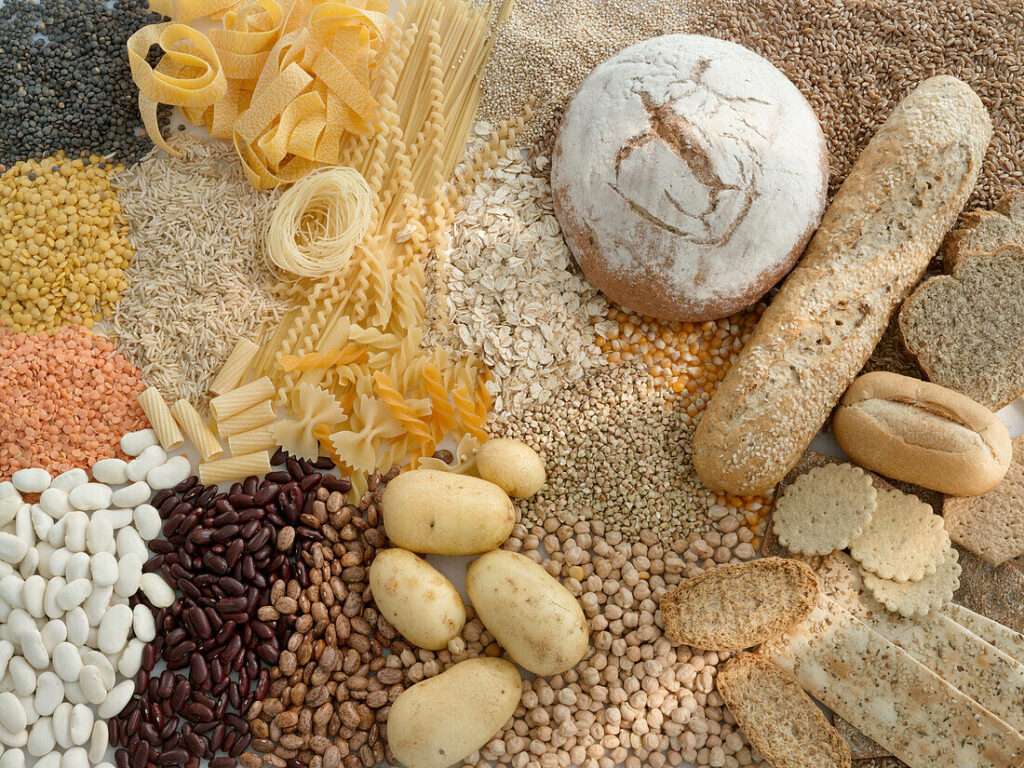
Many traditional breakfast items, such as pancakes, waffles, and bagels, are high in refined carbohydrates. These foods can lead to quick spikes in blood sugar and often result in feelings of hunger shortly after eating.
Consider Whole Grains:
If you love pancakes or waffles, try making them with whole-grain flour or alternative flours like almond or coconut flour. These options can provide more fiber and protein, keeping you fuller for longer.
9. Energy Bars
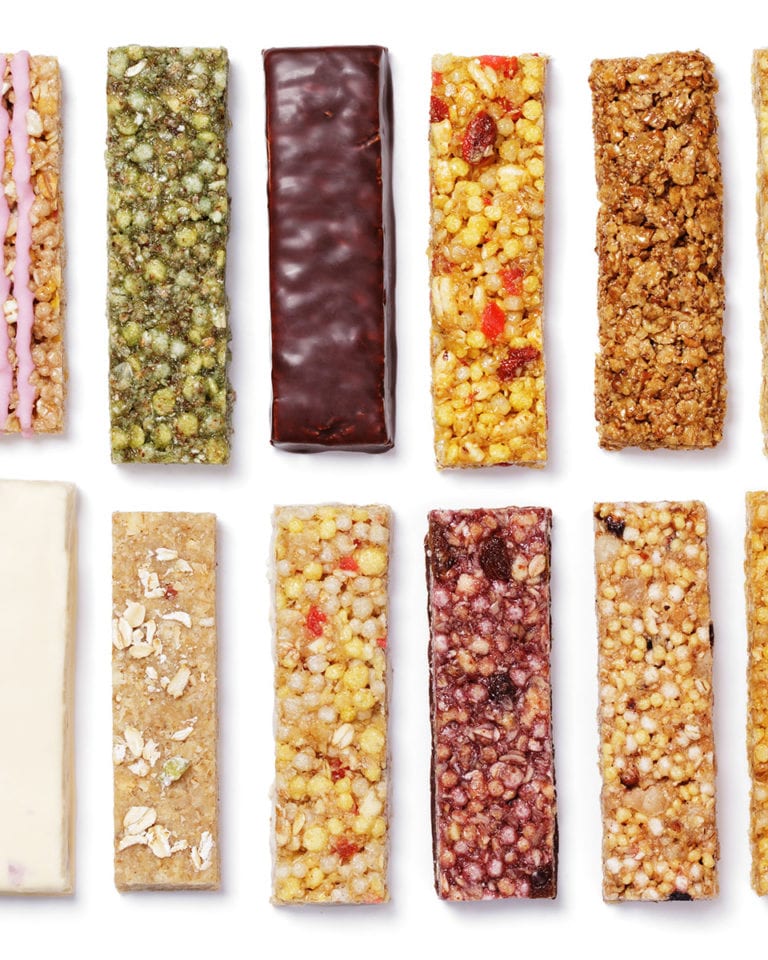
Energy bars are often marketed as healthy breakfast options, but many contain high amounts of sugar and unhealthy fats. It’s important to read labels carefully, as some bars are little more than candy bars in disguise.
A Better Alternative:
If you enjoy the convenience of bars, look for ones made with whole food ingredients, low in sugar, and high in protein. Alternatively, make your own energy bars at home using oats, nuts, seeds, and a natural sweetener.
10. Coffee with Sugar and Cream

Many people rely on coffee to kickstart their mornings, but adding too much sugar and cream can turn a simple cup into a high-calorie beverage. While coffee can have some health benefits, the way it is prepared can negate these advantages.
Healthier Coffee Options:
Try drinking your coffee black or with a splash of unsweetened almond milk. If you need sweetness, consider using natural sweeteners like stevia or cinnamon for flavor without the calories.
Conclusion
Choosing the right foods for breakfast can set the tone for the rest of your day. While some morning favorites may be delicious, they often come with hidden downsides that can affect your health and energy levels. By being mindful of what you eat in the morning, you can make choices that support your overall well-being.
Consider incorporating whole grains, lean proteins, healthy fats, and plenty of fruits and vegetables into your morning routine. Making these small adjustments can lead to significant improvements in your mood, energy levels, and long-term health. With a bit of planning and creativity, you can enjoy delicious and nourishing breakfasts that fuel your day rather than drain it.
Final Thoughts
Remember, breakfast should be enjoyable and satisfying. By steering clear of certain foods and focusing on healthier alternatives, you can create a morning meal that not only tastes good but also supports your health goals. Making these changes may require some effort at first, but the benefits are well worth it. So, the next time you prepare your breakfast, consider what you’re putting on your plate and how it will impact your day. Your body will thank you!
